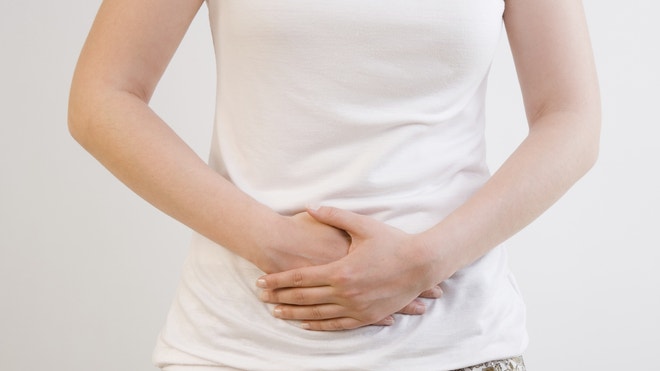Understanding Parkinson's Disease is Critical in our Approach to Oral Health
A prosthodontic practice has a large
senior citizen contingent, and those patients have many of the diseases and
conditions common with late adulthood. Understanding them is critical to our
approach to dental treatment and the ability of patients to maintain their oral
health. One of those diseases is
Parkinson's disease.
Severity and Symptoms Vary
The type and severity of symptoms
experienced by a person with Parkinson's disease vary with each individual and
the stage of the disease.
Symptoms typically begin appearing
between the ages of 50 and 60. They develop slowly and often go unnoticed by
family, friends, and even the person who has them.
The most common symptoms include: Tremor
or shaking, in a hand, arm or leg. It occurs when awake and sitting or standing
still (resting tremor) and subsides when the body part is moved.
Common Early Signs
Rigidity stiff or aching muscles. One
of the most common early signs is a reduced arm swing on one side when walking
that is caused by rigid muscles. Bradykinesia--slow, limited movement,
especially when moving from a resting position, like getting out of a chair or
turning over in bed.
Weakness of face or throat muscles affecting
the ability to talk or swallow, causing choking, coughing or drooling, softer
speech with a monotone. Loss of movement of facial muscles causes a vacant
facial expression, called "Parkinson's mask."
Difficulty with Walking and Balance
Gait disturbance and postural
instability--difficulty with walking and balance. This causes small steps,
shuffling with feet close together, a stooped posture (bent forward slightly at
the waist) and difficulty turning around. Balance and posture problems may
result infrequent falls. Emotional and physical stress tend to make tremors
more noticeable, whereas sleep, complete relaxation, and intentional action or movement usually reduce or stop the tremor.
There are other physical and
psychological symptoms that become more pronounced as the disease progresses.
Consult your Physician
Armed with this basic information, you
can approach your physician for diagnosis, advice and treatment of these
symptoms occur
Robert G. Tupac, DDS, FACP, Inc.,
Diplomate, American Board of Prosthodontics
(661) 325-1275 |
www.drtupac.com
5060 California Ave., #170, Bakersfield, CA 93309













.jpg)



 The Specific Causes are Still Unknown
The Specific Causes are Still Unknown


 The just published Journal of the American Dental Association (JADA), March 1, 2013, cites the Buffalo OsteoPerio Study, which followed 1,106 postmenopausal women, comparing tooth loss and smoking status.
The just published Journal of the American Dental Association (JADA), March 1, 2013, cites the Buffalo OsteoPerio Study, which followed 1,106 postmenopausal women, comparing tooth loss and smoking status.



 Mouthguards prevent injuries.
Mouthguards prevent injuries. 